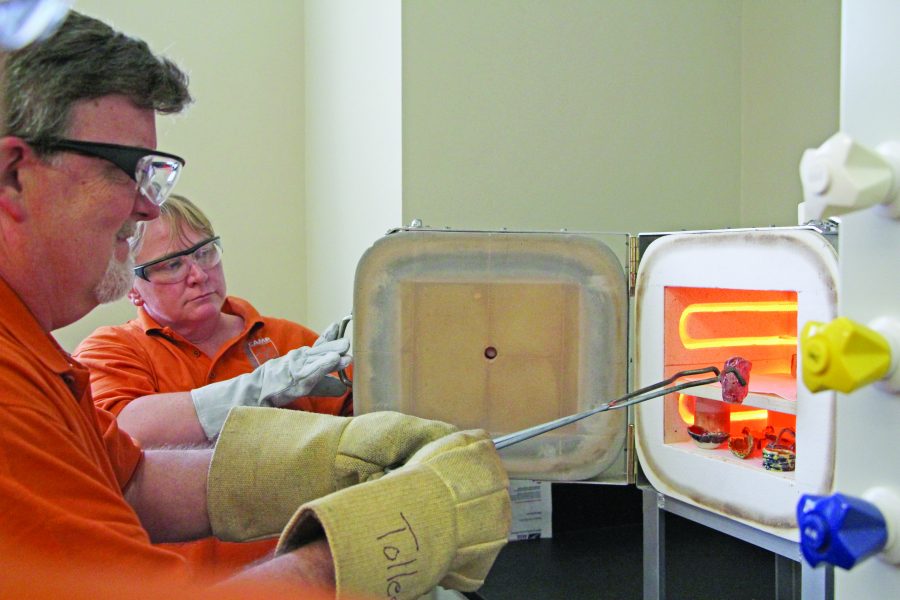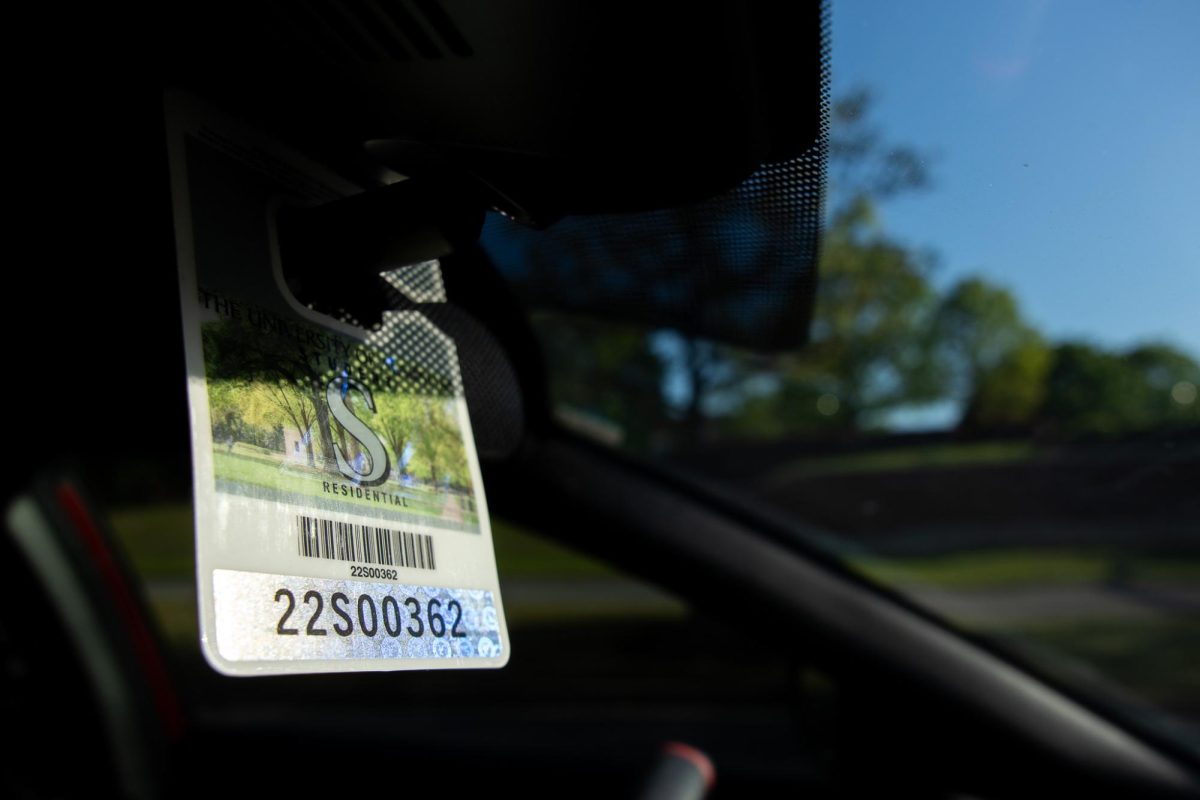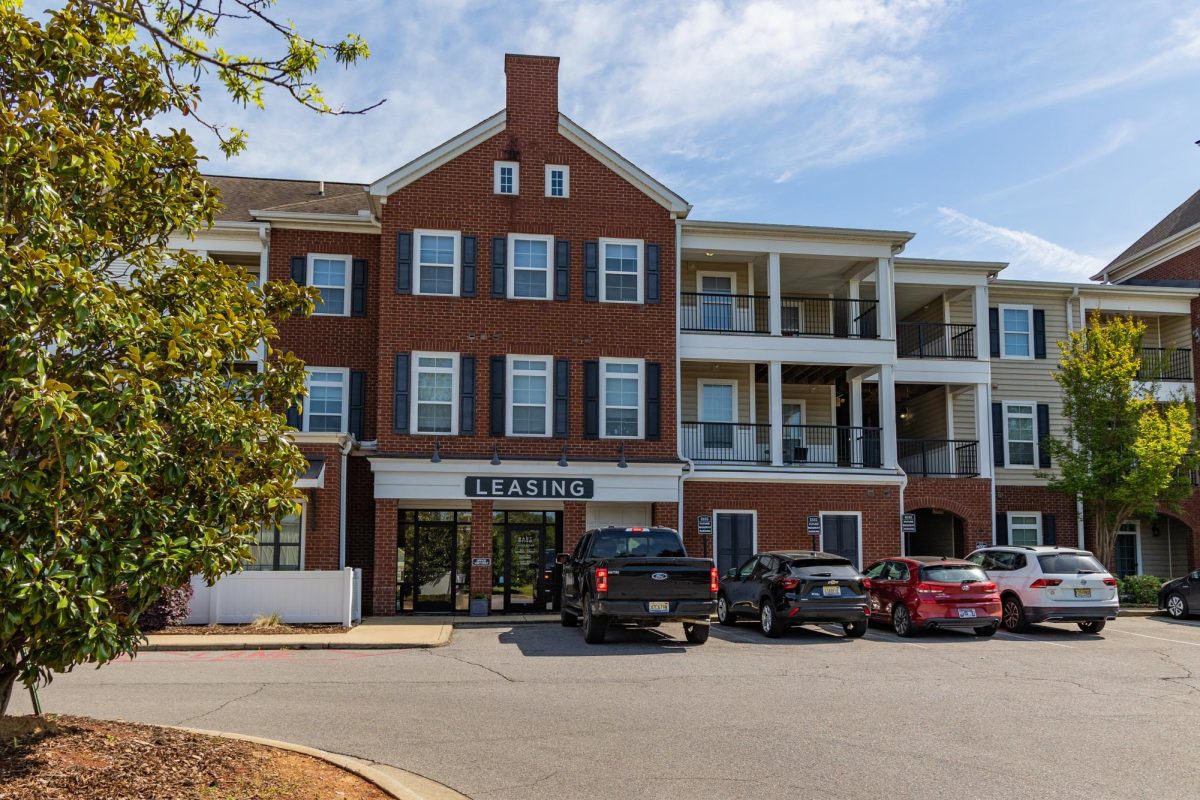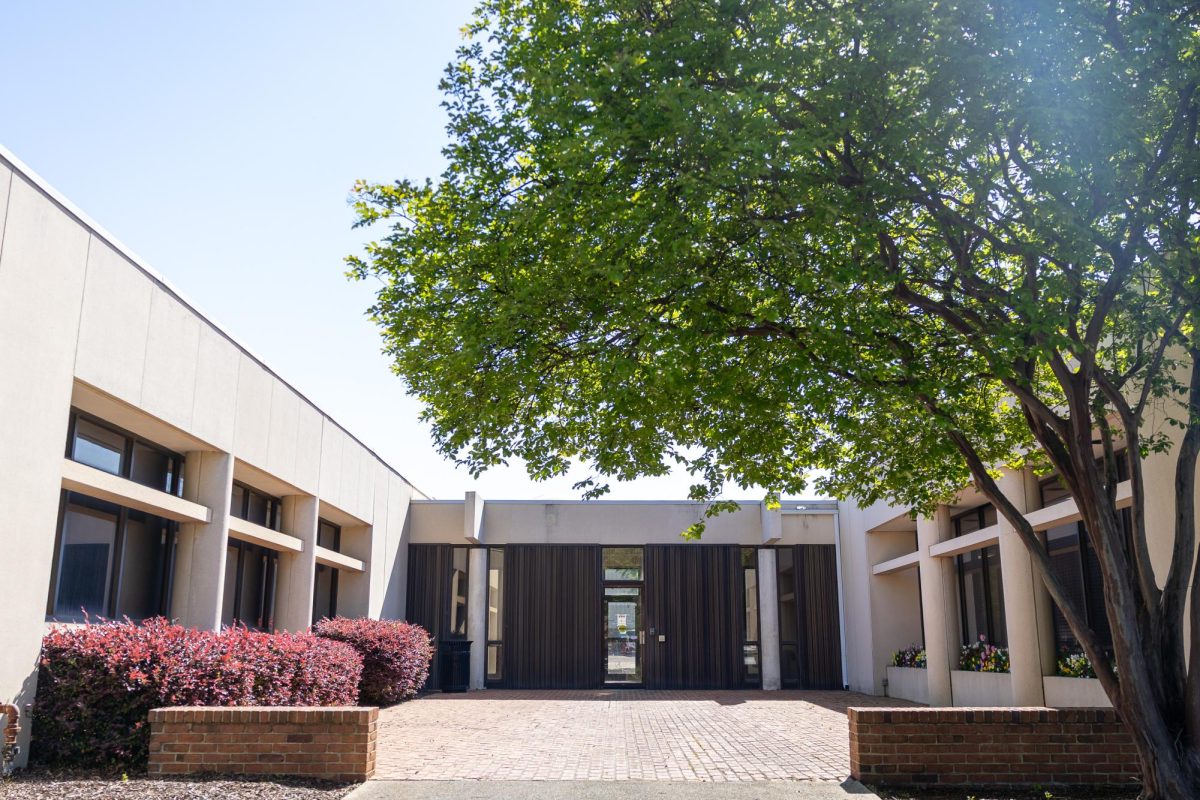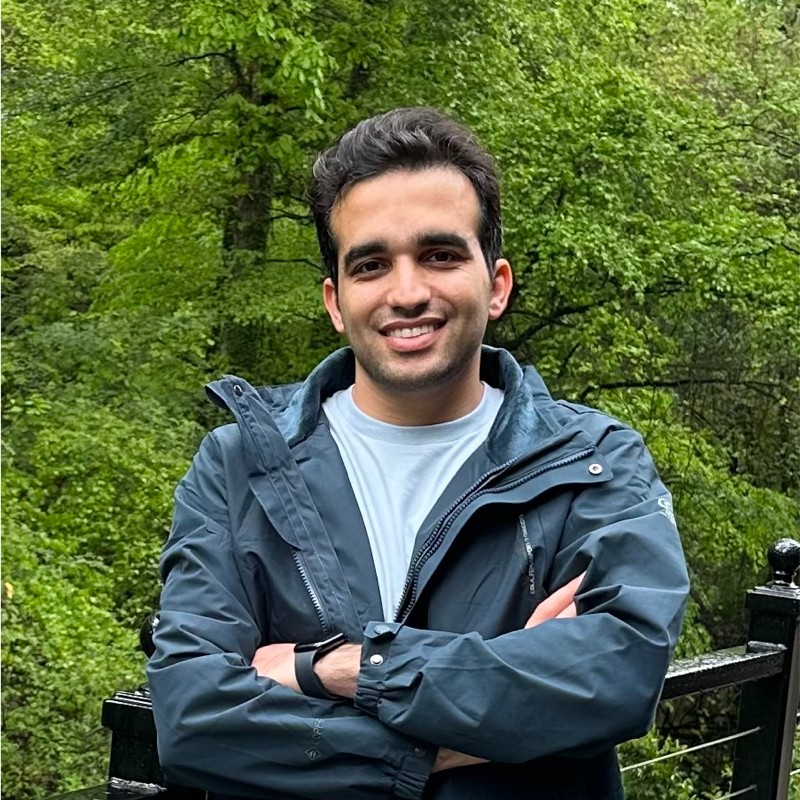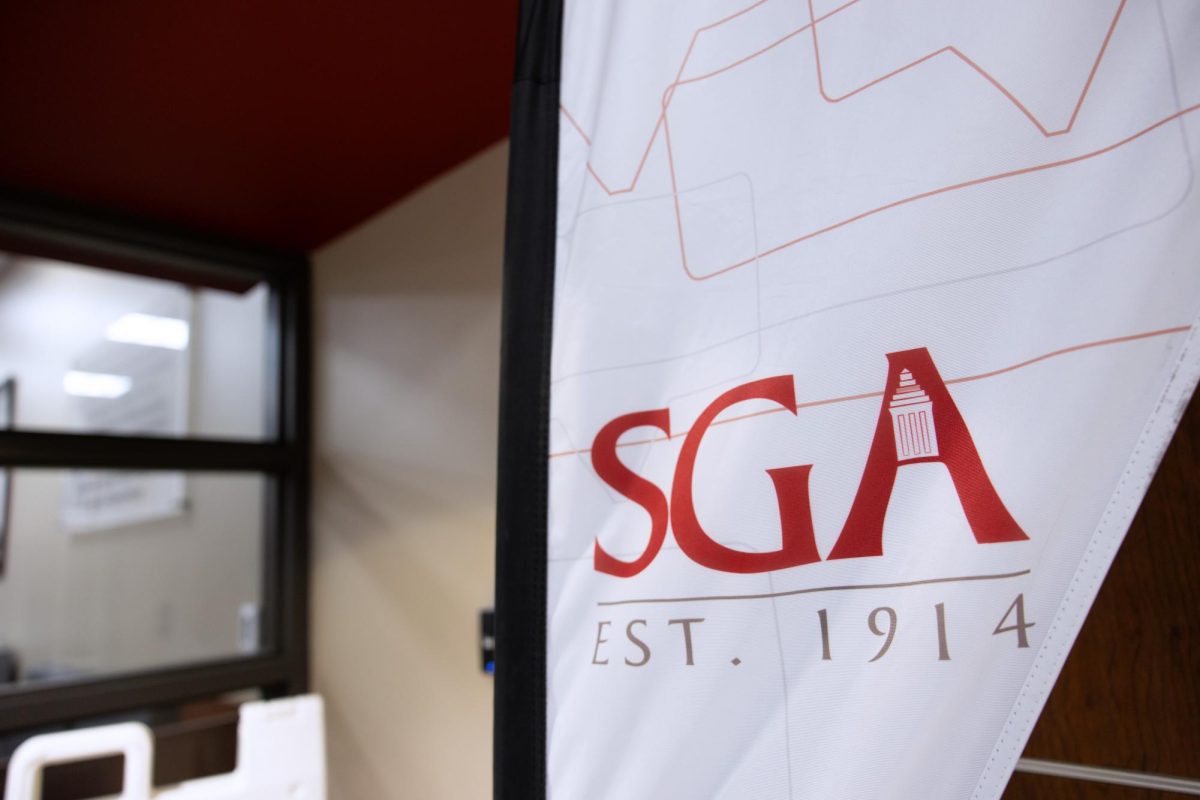Teachers ask students to say a lot of things, but the ASM Materials Camp teaches teachers how to get their students to express wonder.
“The philosophy of the camps is to give students a ‘Wow!’ or ‘What the heck’ moment to get their attention,” said Martin Bakker, associate professor of chemistry.
The five-day camp concluded last week and covered about 50 different affordable, hands-on activities.
“The purpose of the camp is to give middle and high school science and math teachers hands on experiments/demonstrations that their students can do,” he said. “These experiments are interesting for the students, and so they are motivated to learn the science that underpins the experiment,” he said.
The 23 middle and high school teachers who participated received continuing education credit for the camp.
“All teachers love to learn something new that they can take back to their classroom,” Bakker said. “They also leave with samples of the materials so that they can do it in their own classes.”
One activity included constructing clay pots, which were then heated to 1200 degrees in an oven, until they glowed orange.
“Many schools have a kiln for making ceramics so it can be used in many high schools,” he said. “The actual activity demonstrates the reactivity of carbon compared with metals. The Raku pottery produced has a metallic sheen because the metal ions in the glaze react with the carbon to give carbon dioxide and metal. This process is very, very similar to the chemistry that goes on in making steel and so provides a starting point to discussing this as well.”
Other topics covered include metals, glass, composites and plastics. Bakker said the program fulfills the University’s service mission, builds ties with local schools and improves science education in the state.
“[As a result], our incoming Alabama students are better prepared to succeed at college,” he said.
Lizanne Espy, a sophomore majoring in math, graduated from high school in Tuscaloosa and is currently a Noyce Scholar. As part of the program, which prepares math, physics and chemistry majors for careers in education, Espy worked with the teachers during the camp.
“We got to work with teachers and they gave us a lot of insight,” she said. “We did a lot of neat things and I learned about the STEM careers. It was a good way to meet people.”
Espy said they also discussed technology, the ways it changes, and different ways teachers can employ it. The labs, she said, were educational for multiple reasons.
“It was educational for science purposes [and] seeing everything in action. [But we also] got to see what teachers do and what we might possibly do in the future,” she said. “The labs were really cool. They’re very hands-on, something that captured attention.”



